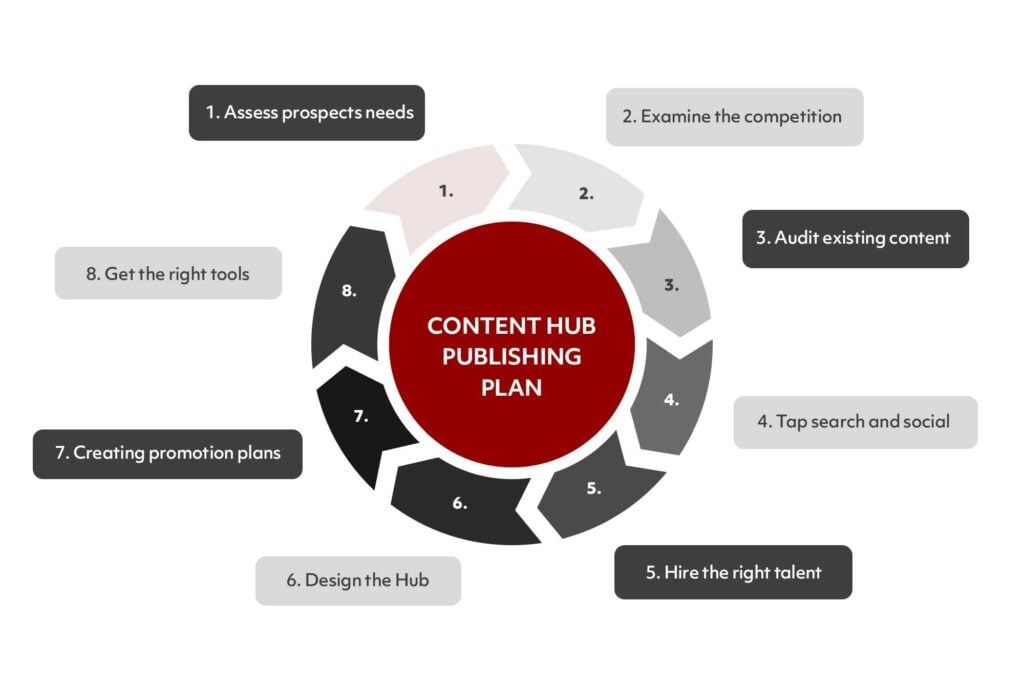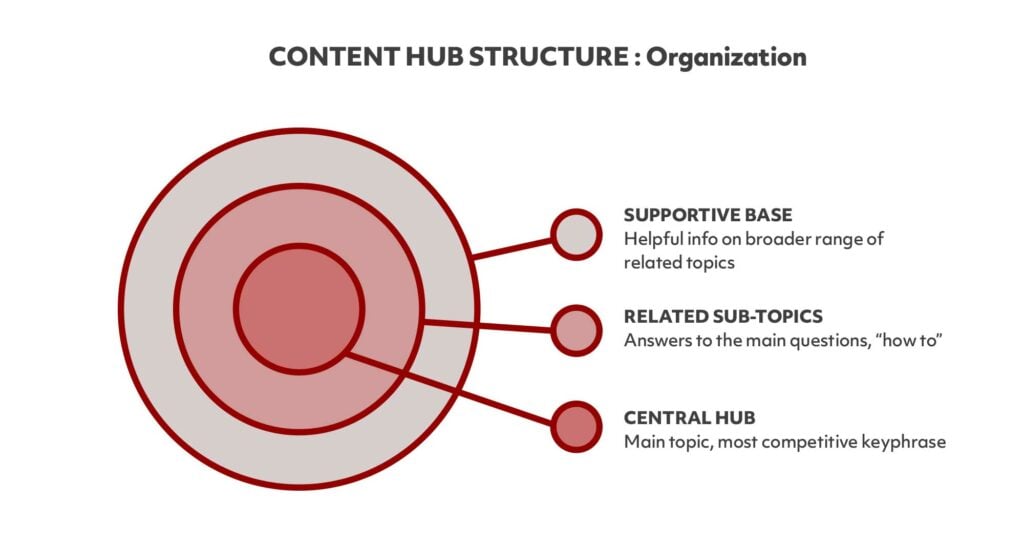In the recent downpour of an unforeseen pandemic known as COVID-19, market conditions as well as the health and safety of millions have been affected.
The growth of brands has quickly been put to the test since traditional business approaches of engaging with prospective customers has quickly become unviable. It’s obvious that brands must adopt digital channels in order to continue building awareness and interest in their brand and generate leads or sales.
The use of content in different digital platforms is an important source of leads and this should be the highest priority especially at a time where customer retention is becoming more difficult yet even more necessary. Brands should use these mediums to extend care, support and assurance to their customers.
The Importance of content
Content helps to strike the balance between a brand’s relevance to the consumer while giving a boost to the brand’s identity. As brands continue to produce content that answers questions customers have in different stages of their journey, they gain the ability to find solutions to problems they have. This ultimately positions the brand as credible and reliable.
Content consistently builds brand value through organic efforts like word of mouth (WOM) and Google search rankings. For instance, a blog is an example of content. Its purpose is to showcase different pieces of content in chronological order to encourage audience engagement as well as educating them through the lens of the brand’s values.
Blogs are very effective when the user is searching for that specific content. They, however, prove to be ineffective in winning large audiences since they cover specific aspects. This is when a “Content Hub” or microsite steps in as the successor of an ordinary blog.
Unmasking the content hub
A digital content hub is relatively smaller than a website but bigger than a blog. This microsite is filled with various pieces of branded content that’s curated and covers certain topics based on the main content pillar.
The content hub can be 100% blog based or it can include a flexible mix of content formats like video, audio, infographics, slides and a range of other content types.
So, the most important question is, how is a content hub of any benefit for your business? To best address this, the table below shows the key benefits of utilising a content hub as part of your digital strategy.
Benefits of using Content Hub
1. Authority
Consistent multi-format content that addresses customer pain points at multiple stages of the user journey, positions the brand as credible and authoritative in that field.
2. Drive Traffic
All of the curated content the brand provides is an opportunity to rank higher based on the identified keywords of your content subject matter. Apart from that, the more engaging it is, Google will rank it higher in search results, improving your organic traffic incrementally.
3. Grow Engagement
The more effective and interactive your content is, the more engagement is generated with retaining current and prospective customers. The goal of a content hub is to ultimately act as a lead magnet by encouraging reading, sharing, viewing and downloading of the brand’s content library.
4. Retain Control
With a content hub, you have the ability to change the outlook of your brand by influencing how it is being perceived through tailored and curated content. This is indifferent to social media as you cannot change what is being said about your brand.
5. Build Links
By including relevant content in your website that links back to the content hub, you will further demonstrate your thought leadership and authority.
Seems like goldmine doesn’t it? The primary reason why content hubs work so well is that allow for real brand storytelling by guiding customers through the journey through the content you provide.
Brand storytelling may include “Sustainability” or “Corporate Finance” as a master topic; it can also branch out into smaller, more specific pieces of content that elaborate further about the master topic.
In the end, they all function in unity as an interconnected guide that gives your prospect a rich and diverse experience when they engage with your brand. A brand can also leverage this by integrating other digital tactics such as email marketing into the content hub digital strategy to probe prospects into becoming potential customers through a series of automated emails.
It is important to note that before diving into blog writing, management and research are vital aspects that make the content hub a winning game plan.
According to Neil Patel, there are content hub best practices when crafting a publishing plan. Below are the necessary ingredients required before jumping into developing a branded content hub.
The requirements for a content hub

Above are the necessary ingredients required before jumping into developing a content hub.
1: Assess prospects needs
Prospects are the foundation that will make or break a content hub, it is important to be able to answer prospects questions before investing resources into building content.
2: Examine the competition
Start evaluating competitors closely and determine how you can deliver value better and differently.
3: Audit existing content
Review all owned assets such as email, FAQ, presentations, webinars, case studies and brochures. Revisit and determine a creative angle to repurpose this content into helpful sources such as blog posts, infographics, videos, eBook and podcasts.
4: Tap search and social
Use online tools such as Google keyword planner to determine what keywords are trending and build your content based on those keywords. Apart from leveraging online tools, research and evaluate online forums such as Reddit, Linkedin and Facebook groups to get an idea of what people are currently discussing and looking for.
5: Hire the right talent
It does not take a football team to get started with an execution plan. A content strategist or a copywriter with an editorial and strategic frame of mind is able to curate action plans in order to get things done. Web developers and graphic designers are also valuable members to have on a content team.
6: Design the hub
UI/UX designers are becoming a crucial role in filling in the void at creating a memorable and rich digital experience. Hiring a UI/UX professional will help you create a branded content hub that applies consistent thematic elements throughout each page.
7: Creating promotion plans
Promotions should be a driving force to get your newly created content hub at the doorstep of your audience. Plan a structured promotional campaign consisting of paid, owned and earned distribution channels.
8: Get the right tools
WordPress is the best content management system (CMS) platform that enables anyone to create, publish and optimise content with ease.

In conclusion, digital content hubs can be a great ally in winning audiences over by providing them with a digital playground of content to dive into. It also gives you the opportunity to challenge your competition by creating more relevant content that’s also favourable to search engines. Brands should remember to focus on a topic and then build their content structure around, the image above demonstrates an example of how organisations can structure their content hub.
Last but not least, digital content hubs don’t serve their purpose well if they are not regularly populated with a variety of content. Mixing format types and usage with a mix of branded and user-generated content will amplify search relevancy.
If you are looking to build a content hub strategy that can make a lasting impression, we would be delighted for a quick chat. Drop us a note at hello@admiral.digital.





